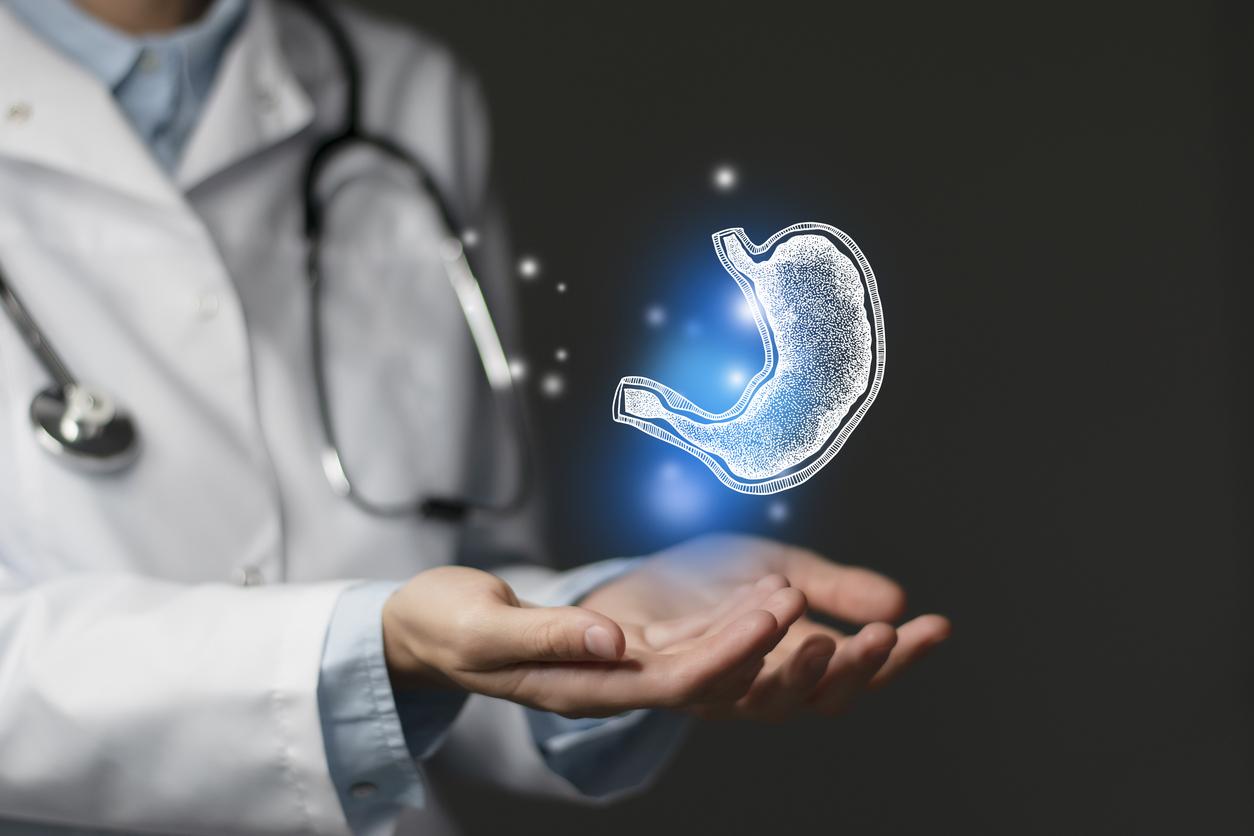
May 21, 2013 – Our intestinal flora contains thousands of bacteria necessary, among other things, for the breakdown of food. Researchers at the Catholic University of Louvain, Belgium, have just discovered that one of these bacteria, Akkermansia muciniphila, could play a role in the control of obesity and type 2 diabetes. Representing 3 to 5% of our intestinal flora in normal times, this bacterium appears in smaller quantities in the intestines of obese mice. By building their hypothesis on this observation, the scientists administered the bacteria Akkermansia muciniphila to obese mice to rebalance their intestinal flora. To guarantee the growth of this bacterium, they also gave them prebiotics (= microorganisms fulfilling the necessary contributions for intestinal bacteria).
In addition to managing to rebalance their intestinal flora, the scientists discovered that they had succeeded in making these mice lose weight. The latter also began to secrete more insulin (= the hormone involved in diabetes). The precise effects of this bacterium on the body are not yet fully identified, but the team was nevertheless able to note an increase in the level of endocannabinoids (= molecules involved in controlling the level of sugar in the blood).
The role of intestinal bacteria in the onset of diseases such as diabetes or obesity has already been studied. This research has only been carried out on mice, but if the results are confirmed, they should extend to humans. A good hope for obese or diabetic people?
Aurore Clavé – PasseportSanté.net
Source: http://www.uclouvain.be/

















